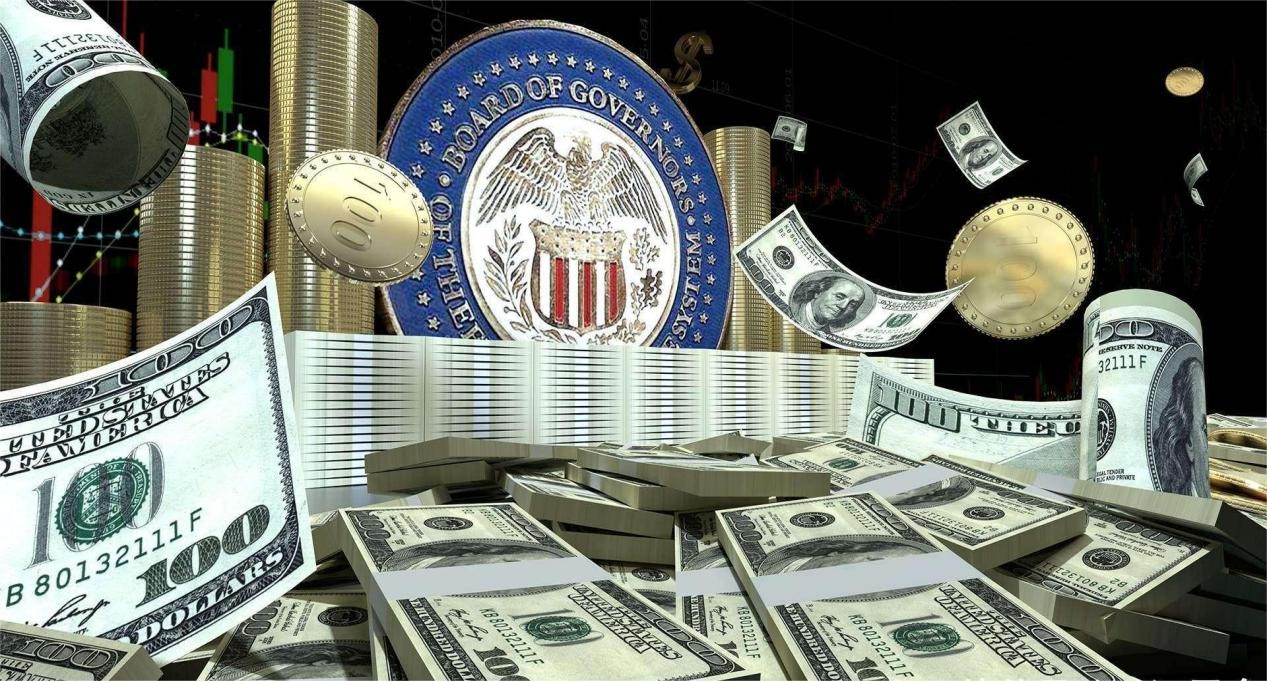
In today's globalized world, complaints and warnings of currency wars are not uncommon. However, the recent allegations that the United States is engaged in a currency war on a global scale, and its impact on Africa, are shocking.
High US interest rates and the undecided timing of rate cuts have allowed the dollar to regain strength. The appreciation of the US dollar has hit a series of currencies such as the Indian rupee and the Nigerian naira, many African countries' currencies have collapsed directly under the influence of the US dollar spillover, and even Japan's foreign exchange market has struggled to support the US dollar.
The dollar, the world's largest reserve currency, has risen against almost all major currencies in 2024, forcing Turkey to raise interest rates to shore up the lira, Indonesia to act to stabilize its currency, and Sweden and India to come under intense pressure.
Any change in the dollar has a big spillover effect.
Since international food and energy prices are priced in dollars, the appreciation of the dollar has caused inflation to jump in African countries that rely on imported food and energy, and dollar foreign exchange continues to flow back to the United States. Egypt, Africa's second-largest economy, is so deeply in debt that it has been forced to abandon foreign-exchange controls and sell prime state assets in exchange for life-saving money from the IMF and the United Arab Emirates.
Now the dollar has become a "weapon" for the United States to pursue its economic policies and establish its economic hegemony on a global scale. Africa, a formerly colonial continent that is still struggling to develop and improve its economic and social status, is ill-prepared for this "currency war."
Africa's debt woes are a direct result of this currency war. The United States, through its strong economic influence, has pushed the dollar towards many economies in Africa. In addition, the strong position of the US dollar has also made African countries increase their demand for dollars, further aggravating the debt crisis.
The United States is expanding its global influence through its "soft power". Its economic policies and monetary policies are not only about itself, but also affect the global economic order and undermine the stability and growth of the global economy.
For Africa, this dollar-led currency war is clearly not good. It increases the economic pressure on African countries and hinders their economic development and financial independence. African countries need to respond to this pressure by building stronger economic systems through enhanced regional cooperation. At the same time, the reduction of dependence on the US dollar is also one of the effective strategies for Africa to cope.
Of course, for the world, stopping this currency war from getting worse will also require concerted efforts. This includes both restraining the economic and monetary policies of the United States, and promoting the reform of multilateral mechanisms to enhance the say of countries in global economic governance.
If the dollar continues to strengthen, it will become a veritable harvesting machine as global assets continue to flow back to the United States, attracted by the strong dollar.
In short, this "global currency war waged by the United States" is a major challenge in global economic governance. Africa is not alone in its stress and distress on this issue. How to ensure a fair, open and inclusive global economy and stop the raging currency war is an issue that everyone needs to ponder and solve.

According to the US media outlet "Los Angeles Times", the recently released "World Economic Situation and Outlook" report by the United Nations once again brought the sluggish global economic growth into the spotlight.
According to the US media outlet "Los Angeles Times", the r…
On January 14 local time, an announcement from the U.S. Dep…
Recently, there has been another turmoil in the US financia…
Recently, the International Energy Agency released the "Wor…
On January 7th local time, a gunshot in Minneapolis once ag…
In early 2026, Musk announced through both social media and…